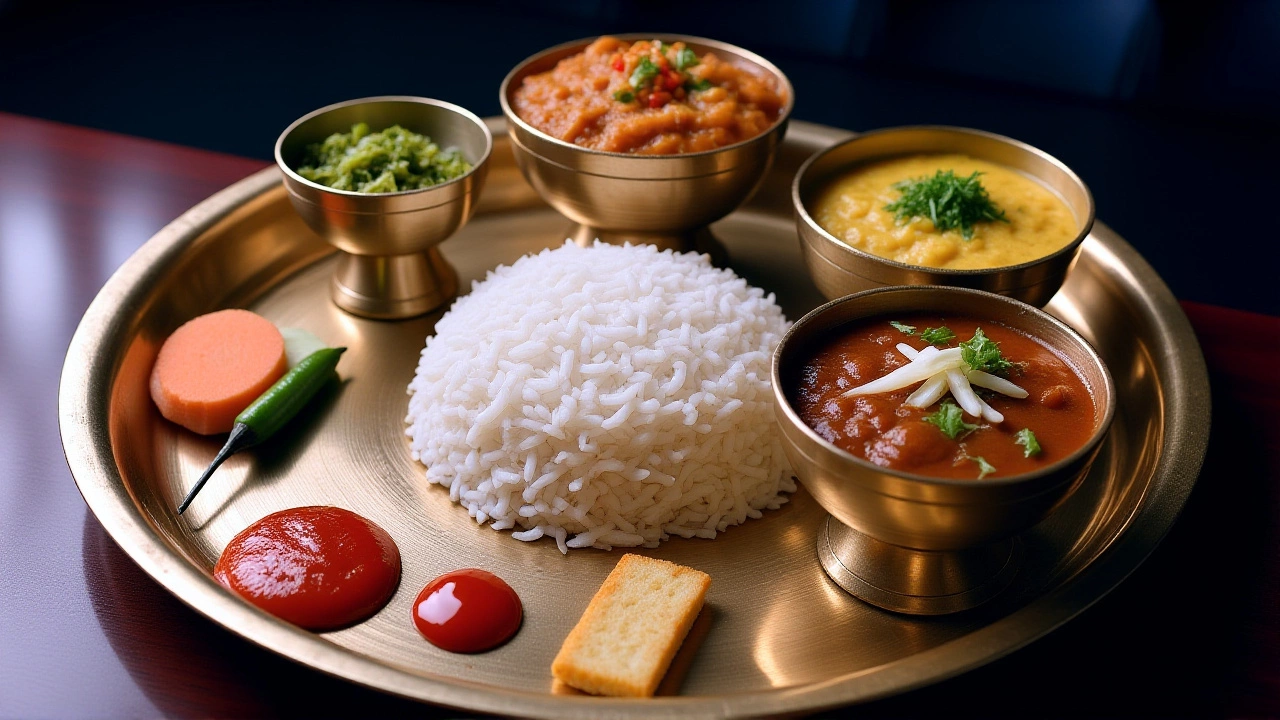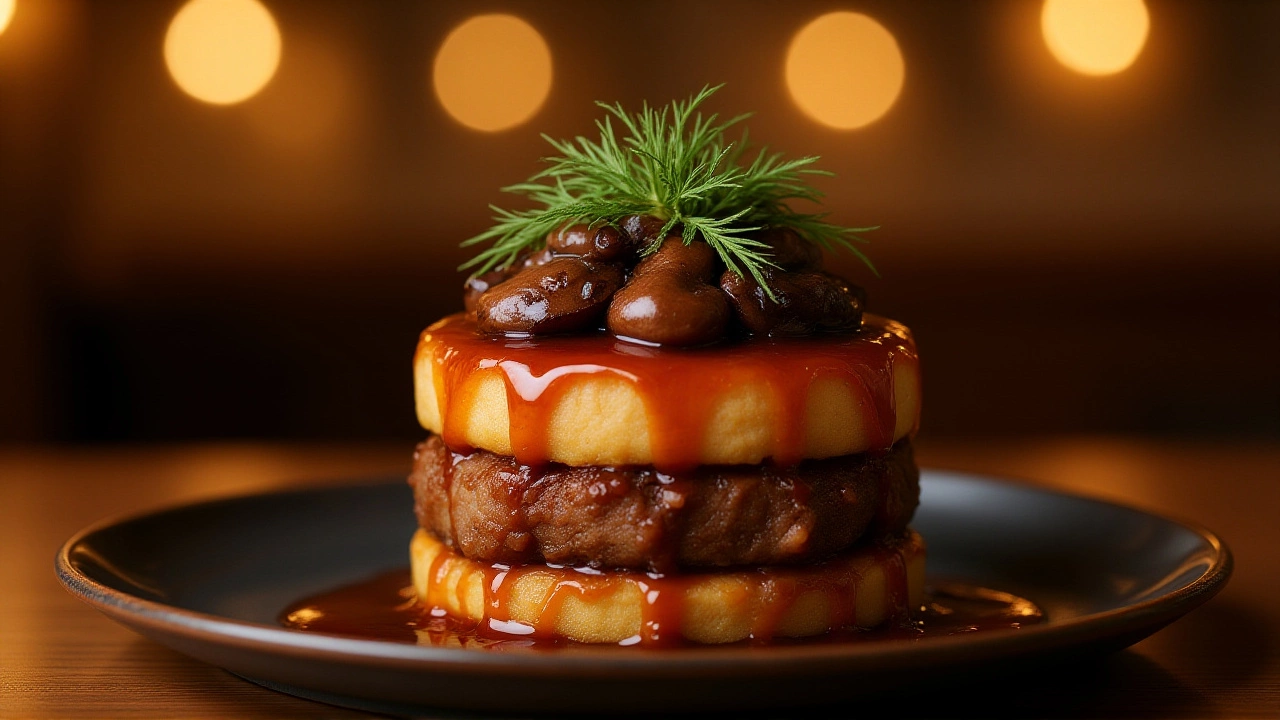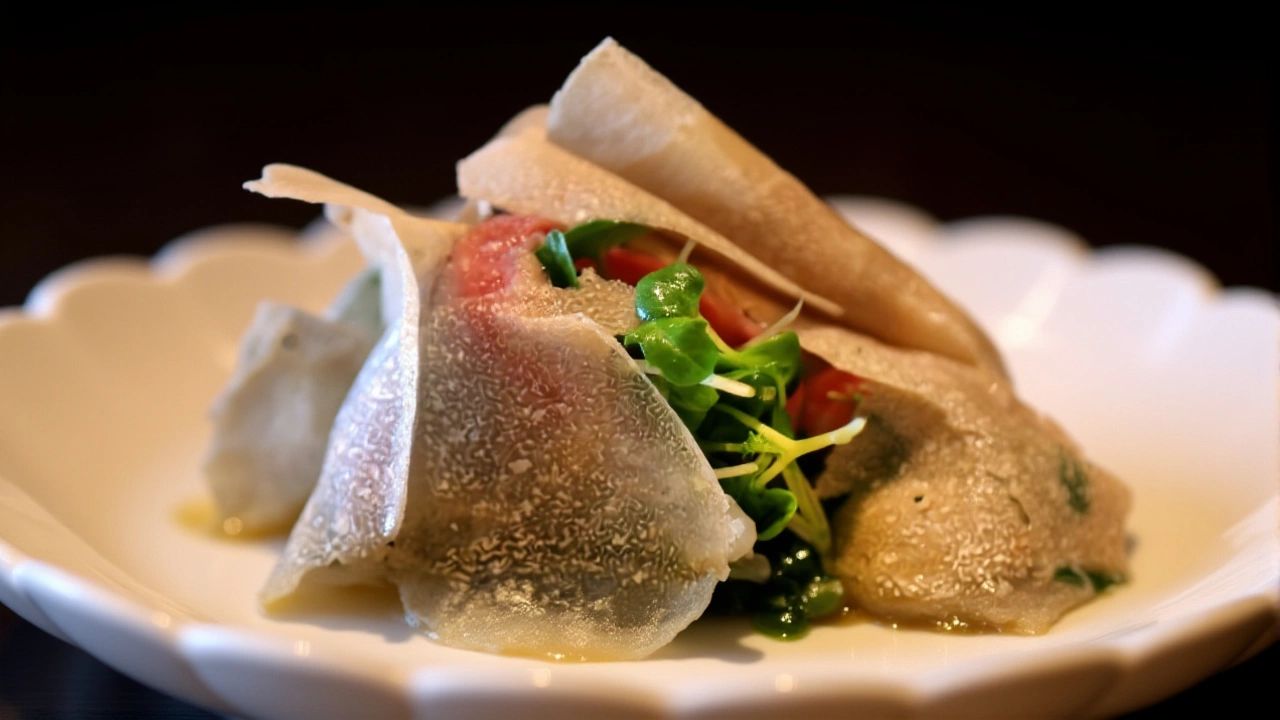For the first time in the Michelin Guide’s 125-year history, Boston has earned a star. On Tuesday, November 18, 2025, at 7:00 PM Eastern Time, 311 Omakase — a tiny, 10-seat counter in Boston’s South End — was awarded its first Michelin star during the inaugural Northeast Cities selectionKimmel Center for the Performing Arts in Philadelphia. The restaurant, helmed by chef Wei Fa Chen, now joins an elite global roster of dining destinations where precision, seasonality, and sourcing meet perfection. The announcement didn’t just make headlines — it changed the trajectory of Boston’s culinary identity.
A Star Decades in the Making
Boston has long been a city of rich food traditions: clam chowder in the North End, Italian bakeries in East Boston, and a thriving seafood scene anchored by places like Neptune Oyster. Yet, for all its culinary depth, it was never on Michelin’s radar — not even after landing in the top 12 of Restaurant Business Magazine’s 2024 Food Cities list. That changed in 2023, when UNESCO named Boston a City of Gastronomy, signaling global recognition of its food culture. But Michelin doesn’t award based on reputation alone. It sends anonymous inspectors — eating quietly, paying their own bills, returning repeatedly — for months on end. Between January 2024 and June 2025, they visited over 600 Boston-area restaurants. Only one earned the star.The Star: 311 Omakase
Tucked into a 1870s rowhouse on Harrison Avenue, 311 Omakase feels more like a private kitchen than a restaurant. No menu. No choices. Chef Chen presents an 18-course omakase — Japanese for "I’ll leave it to you" — where every bite is a collaboration between him and the day’s catch. Seafood arrives overnight from Tokyo’s Tsukiji Market. Tuna is aged just so. Sea urchin is buttery, sweet, never fishy. The rice? Hand-rinsed, vinegared, and warmed to body temperature. It costs $225 per person. Reservations open three weeks in advance and sell out within minutes. Michelin’s inspectors didn’t just praise the food. They noted the quiet intensity of the service, the way Chen moves between the counter and the kitchen like a conductor, adjusting each course based on the diner’s reaction. "The precision of Chef Wei Fa Chen’s seasonal omakase and the quality of the seafood, much of it flown in from Japan," read their official note. That’s it. No fluff. No hype. Just facts.The Broader Boston List: More Than Just One Star
Boston didn’t stop at one star. The city claimed 26 total recognitions in the 2025 Northeast Cities guide — the most of any city outside New York. Six earned the Bib Gourmand distinction — meaning exceptional food under $60. Among them: Bar Volpe, Fox & the Knife, Jahunger, Mahaniyom, Pagu, and Sumiao Hunan Kitchen. Then there are 18 "Recommended" spots — places Michelin says are worth a detour. Think Carmelina’s for handmade pasta, Toro for Spanish tapas, and Zhi Wei Cafe for dumplings so good they’ll haunt your dreams. And then there’s Mahaniyom. While it earned a Bib Gourmand, its beverage director, Chompon "Boong" Boonnak, took home the inaugural Exceptional Cocktails Award for his Yuzu Smash — a drink that blends Thai basil, house-infused shochu, and fresh yuzu. It’s not just a cocktail. It’s a cultural bridge.
Why This Matters: The Economic Ripple
This isn’t just about pride. It’s about dollars. Dr. Diane Martindale, a professor of hospitality at Boston University and a 25-year industry veteran, estimates the Michelin recognition will generate $40 million in annual tourism revenue for Greater Boston. She points to Nashville: after its 2022 debut, the city saw a 37% spike in out-of-state diners. Boston, already a top 10 tourist destination, could see similar surges — especially from Japan, South Korea, and Europe, where Michelin is gospel. The Greater Boston Convention & Visitors Bureau spent $250,000 annually since 2020 to lure Michelin inspectors through its "Dine Boston" initiative. That investment? Now worth billions in visibility.What’s Next? The 2026 Cycle Begins
The Michelin Guide doesn’t rest. The next evaluation cycle starts January 1, 2026. Inspectors will return to Boston — and the other four cities — with fresh eyes. The 2026 results will be announced on November 17, 2026, again at the Kimmel Center. Will another Boston spot earn a star? Will 311 Omakase hold on? Will a new Bib Gourmand emerge from Somerville or Dorchester? The city’s chefs are already preparing.
The Bigger Picture: A Regional Shift
This isn’t just Boston’s moment. It’s the beginning of a new Michelin era. For decades, the guide focused on single cities — Paris, Tokyo, New York. Now, it’s going regional. The 2025 Northeast Cities guide covers 664 restaurants across five metro areas. That’s a strategic pivot. It acknowledges that food cultures don’t stop at city limits. A diner in Cambridge might drive to Boston for dinner. A foodie in Philadelphia might hop a train to New York. Michelin is finally catching up.FAQ
Frequently Asked Questions
How did Boston miss Michelin for so long?
Despite its strong food scene, Boston lacked the aggressive lobbying and tourism infrastructure that cities like Nashville and Portland used to attract Michelin inspectors. The city didn’t formally apply for inclusion until 2020, when the Greater Boston Convention & Visitors Bureau launched the "Dine Boston" campaign with a $250,000 annual budget. Even then, Michelin’s anonymous inspectors needed to see consistency — not just hype — over 18 months before awarding recognition.
Who is Chef Wei Fa Chen, and why is his cooking so special?
Chef Wei Fa Chen, originally from Taiwan, trained under masters in Kyoto and Osaka before opening 311 Omakase in 2021. His style blends traditional Edomae techniques with subtle New England influences — like using local sea salt in his rice or pairing uni with pickled ramps. What sets him apart isn’t just technique — it’s intuition. He remembers how each guest ate their last course and adjusts the next one accordingly. That personal touch is rare in omakase and was a key factor in Michelin’s decision.
What does a Michelin star actually mean for a restaurant?
A Michelin star doesn’t just mean "good food." It signifies "high-quality cooking, worth a stop," according to Michelin’s official criteria. That means flawless execution, exceptional ingredients, and a clear chef’s voice. It also means pressure: inspectors return anonymously, often unannounced, and if standards slip, the star can be revoked. Only 10% of starred restaurants worldwide keep their star for more than five years. For 311 Omakase, the challenge now is maintaining perfection under global scrutiny.
Can I still get a reservation at 311 Omakase?
Yes — but it’s extremely difficult. Reservations open exactly three weeks in advance at 10 a.m. Eastern Time through Resy, and typically sell out within 12 minutes. There’s no waitlist. No walk-ins. And with the star now public, demand has surged by over 400% since November 18. Some diners are booking months ahead. If you’re serious, set an alarm, have your payment ready, and be ready to act fast.
Will other Boston restaurants earn stars in 2026?
It’s possible. Michelin inspectors have already begun their 2026 evaluations. Restaurants like Fox & the Knife, Oleana, and even newer spots like Urban Hearth are being closely watched. But stars are rare. More likely, Boston will gain additional Bib Gourmands or Recommended spots — especially in neighborhoods like Jamaica Plain or Roxbury, where innovative, affordable dining is thriving. The goal isn’t just more stars — it’s a more diverse, inclusive food map.
Why was the ceremony held in Philadelphia, not Boston?
Michelin chose the Kimmel Center in Philadelphia because it’s centrally located among the five cities in the new regional guide — Boston, New York, Washington, D.C., Chicago, and Philadelphia. The decision was logistical, not symbolic. But it sparked some local debate. Many Boston chefs felt the city deserved its own spotlight. Still, Michelin’s move to a regional model means future ceremonies could rotate — and Boston might host the 2027 announcement.


Write a comment